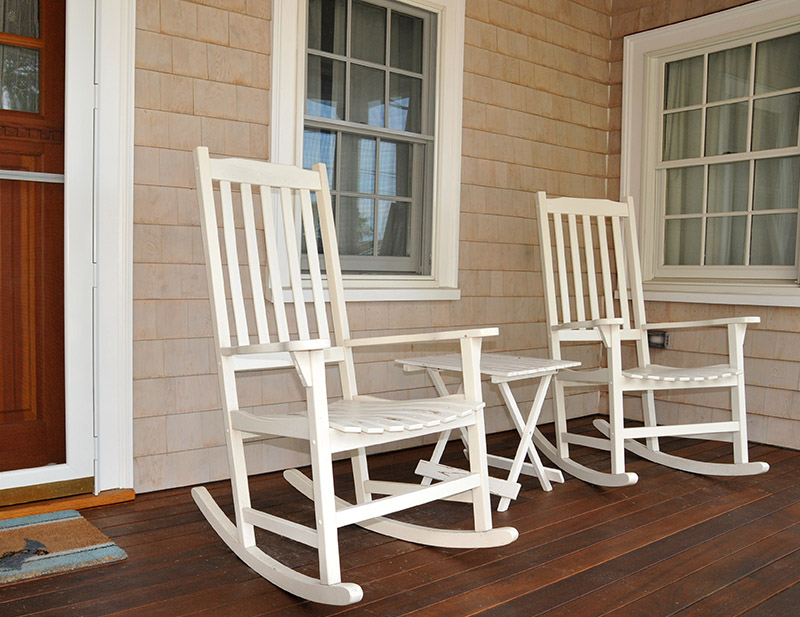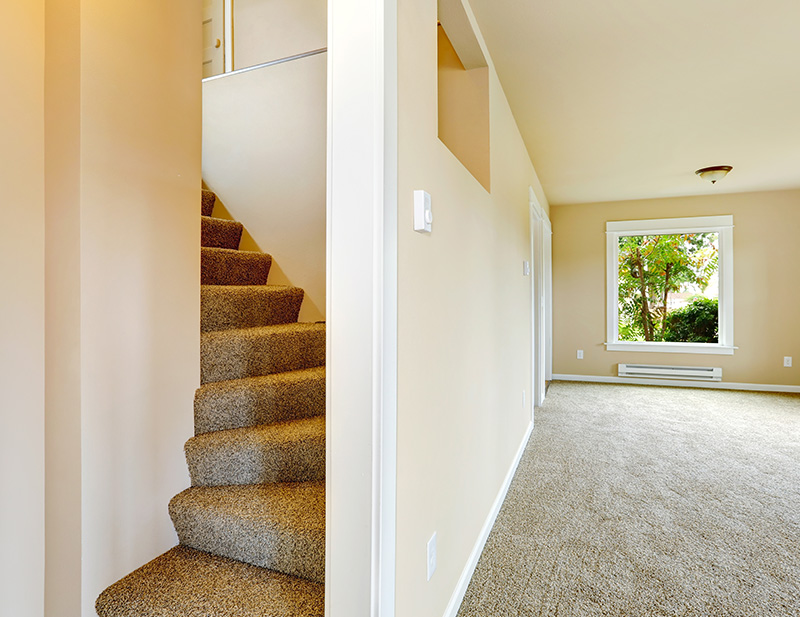Seller's Guide:
What is My Home Worth?
Assessing the value of your home, your needs and your timeline can change a multitude of factors. How quickly you need the proceeds of the sale and the market conditions can help decide your path as you prepare to leave your current house. It’s a balance of current and future needs and the route you choose can always be changed until you enter into a contract.
Is It Better for Me to Rent My Home or to Sell?
Deciding whether it’s better to rent or sell will often depend on the conditions in the market, your needs, your timeline, sale prices and rental prices. Historically, owning rental property is a great investment, but it’s not without pitfalls. Determining whether you can cover your mortgage with rent and if the property will appreciate is a challenge that takes research and analysis.
Start by evaluating the current market conditions. Ask yourself the following questions: What is my home worth in this market? How much are homes selling for in my neighborhood? What is the average rent? Is the value of the house likely to rise or fall in the next several years? If it’s likely to fall, it might be best to sell the property now.
Next, analyze your current situation. How much do you owe on your home? Do you have enough for your down payment without selling it? Will the rent checks cover the mortgage? Do you have the temperament or desire to be a landlord? Can you afford to cover the mortgage if your renter cannot? Tax rules for landlords can be favorable, so what will the tax implications/gains be?
If you need to move on quickly or don’t have the patience to deal with potential issues, selling might be the best option. If you think that the house might appreciate and you can move on without needing the income from the sale to purchase your next home, renting might be the answer for you.
Should I Buy First or Sell First?
Current market dynamics and personality can influence whether you choose to buy or sell first. In a buyer’s market, sellers are less likely to have issues with contingencies and may be willing to take more risks to sign a contract. A seller’s market favors buyers who have already sold their homes and can make a cash offer. As for personality, some people like to know that they can sell before they look to buy another home and others like to know where they are going to live before they sell their current home. There are benefits to each. Speaking to a Weichert Sales Associate can help you better understand the current local market conditions and gauge a timeline for each option.
Before making the decision, the first question to ask is, “What is my home worth? The amount of equity that you have in your current home could have a large impact on the home that you are able to afford. Also, you’ll want to evaluate the mortgage for which you’ll qualify and your ability to carry those new monthly payments in addition to your current mortgage. It might also help to start to look for your new home. If you see a few options available that you can afford, it might be a safer option to put your home on the market.
Buying first offers the security of knowing where you are going before you sell your current home, but also comes with some risks. If you have very specific needs which could lead to a prolonged home search, like location, size, age or extended garage space for example, you might want to considerer finding your new home first. One risk is that it can be harder to get a mortgage for a second home. This can be overcome by using a Home Equity Line of Credit (HELOC) to cover the down payment, but this only works with significant equity in your current home, assuming you have the ability to carry new monthly payments in addition to your current mortgage. Another possibility is that you might feel pressured to take a lower offer on your first home to avoid being burdened with long-term debt that you cannot afford.
Selling first offers the most control. If the buyer is agreeable, it might be possible to rent back your home for up to 60 days. It’s always possible to move into another short-term rental, although that adds the stress of moving twice and storing your belongings. If you do choose to sell first, you will not need a sale contingency which means you will have more power when negotiating your purchase price.
Read more on whether to buy first or sell first at our Resource Center.

Selling first offers the most control.
What is My Home Worth?
Many factors influence the value of your home. When it’s time to set a price, your Weichert Sales Associate will perform a Price Trend Analysis* that includes local market trends and comparable recent sales so you can determine your home’s true market value by putting your decision in context. If you want to estimate a value before speaking with a Sales Associate, here are the factors to consider:
Condition of the structure, lot size and exterior amenities, home style, the age of the roof.
The number and size of the rooms, quality of construction, the age of the appliances, the age of the heating and cooling systems, energy-efficiency.
The number of buyers vs. the number of homes on the market.
The school district, neighborhood, proximity to public transportation or highways.
To gain a more accurate picture, find homes that have recently sold that have comparable lot size, home style, number of bedrooms and bathrooms, square footage, age and location. Details of these transactions can be found at the local tax assessor’s office, online and through your Sales Associate. Their final sale price will help you estimate your home’s value.
* A Price Trend Analysis is not an appraisal and should not be considered to be the equivalent of an appraisal.
Should I Try to Sell the Home Myself or Should I Work with a Realtor®?
In the industry, it’s called For Sale By Owner or FSBO (sometimes pronounced fizz-boh). There is no law that requires the use of a Realtor®, but many homeowners don’t realize all of the details that go into completing the sale of a home.
If you decide to go this route, start by learning the laws in your state that govern real estate transactions. There are state-mandated disclosures and rules about who can conduct the actual transaction and what to do if there is a delay in transfer of ownership. If you miss a detail, it could delay the closing and affect your future purchase and final sale price.
After you understand the laws, the next step is to understand the market conditions so that you can present your home in the best light possible and price your house accordingly. You’ll also need to prepare for showings, assemble disclosure documents, create and distribute marketing materials, put up signs, plan open houses and arrange for visits to your home around buyers’ schedules.
Once you receive offers, you’ll evaluate them and choose whether to accept or reject them or continue to negotiate. You will need a way to validate their pre-approval or verify their proof of funds. It will also be up to you to decide whether to continue to look for a backup offer. You’ll coordinate through your closing agent and be available for all inspections and appraisals. You’ll handle all last-minute negotiations over problems found during inspection and attend closing, possibly with an attorney.
Selling a home yourself is a lot of time and effort. Weichert Sales Associates start on the clock when you first call them to list your home and work with you through the closing. They’ll use their considerable resources, including in-depth understanding of the industry, the process and your local market as well as established networks of service companies to help you through this stressful process. What’s more, the risk is all their own. If they don’t sell your home, they don’t get paid.



Key Takeaways:
What is My Home Worth?
Historically, owning rental property is a great investment but it's not without pitfalls. When deciding whether to rent or sell your home, determine whether you can cover your mortgage with rent, if the property will appreciate and if you want the challenge of managing renters.
In a buyer's market, sellers are less likely to have issues with contingencies and may be willing to take more risks to sign a contract. A seller's market favors buyers who have already sold their homes and can make a cash offer.
The square footage, number and size of the rooms, condition of the structure, lot size and condition, current housing market conditions and location factor most heavily into a home’s value.
Selling your home yourself can save money, but also requires a lot of time and effort. Without the help of an experienced Sales Associate, you can make mistakes that will either delay or stop the sale of your home or decrease your proceeds from the sale.